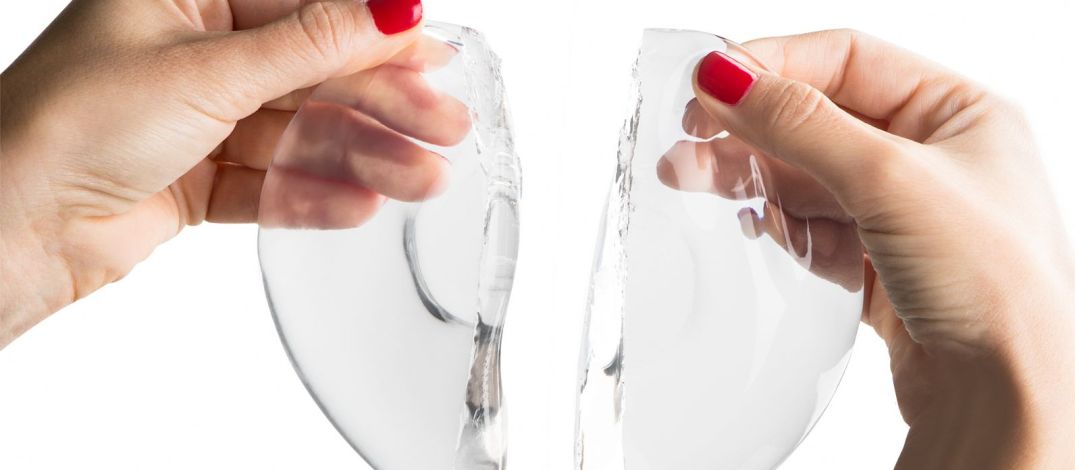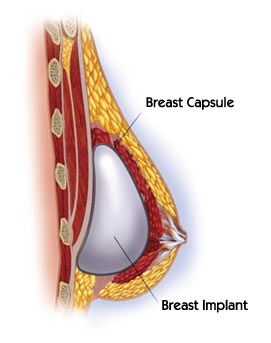Breast augmentation revision, which involves the removal and/or replacement of your breast implants, is one of the most common and routine plastic surgery procedures performed. With newer medical techniques and implant material, more women are able to receive the breast enhancement they desire. But if the breast augmentation did not give the results you envisioned, a breast augmentation revision can be performed to change the shape/size/type of implants and correct any complications from your primary breast augmentation.
These are the top reasons women choose to have their breast augmentation revised.
BREASTS THAT ARE TOO LARGE OR TOO SMALL
One of the most common reasons women choose to have breast augmentation revision is when their primary breast enhancement did not result in the breast size they wanted. For some women, the implants they chose resulted in breasts that were too large for their bodies. It might result in an unbalanced appearance or be physically too heavy and cumbersome. Other women might also feel that their augmentation did not achieve as much volume as they expected, which in turn did not provide the curves and enhancement they wanted.
For women in such a predicament, their original implants can be removed or replaced with an appropriately sized one.
IMPLANT LEAK OR RUPTURE
Even though breast implants were made to be very durable, constant trauma to the implant or a natural defect can cause them to leak or rupture. In the case of a saline implant leak, breast deflation will be immediately noticeable due to leakage of the harmless saline solution.
Silicone implant leaks, however, will require an MRI to detect. The newer version of implants, silicone gel implants, will not flow around due to their ‘gummy bear’ consistency when ruptured. Silicone is also inert, which doesn’t react with the body.

IMPLANT DISPLACEMENT
With regular movement, breast implants can rotate within their created pockets over time. In some cases, the breast tissue becomes too weak to support the implants, causing them to move out of their intended position. In such cases, revision surgery can help to reposition the implants.
In some instances, symmastia, the inward movement of the breast implants, might cause an appearance of a singular breast. Revision surgery helps to create better breast definition and enhances cleavage.
CAPSULAR CONTRACTURE
Capsular contracture remains one of the main reasons for revision surgery. During the event of capsular contracture, the natural shell formation around the breast implants begins to contract and squeeze the implant. This might cause pain and breast size reduction. In other cases, it might also cause the breast to look and feel hard.
In revision surgery, the hardened capsule is released, and scar tissue is removed.

If you desire to revise your breast augmentation, schedule your consultation with an experienced and accredited plastic surgeon who can best achieve your goals. No matter your personal reasons for choosing a breast augmentation revision, the procedure can drastically improve your breast appearance.
To learn more about breast augmentation revision, do contact us at:
Dr Marco Faria-Correa Plastic Surgery
Tel: +65 64648075
E-mail: enquiry@drmarco.com
Web: www.drmarco.com
Disclaimer: The information contained in this post is neither intended nor implied to be a substitute for professional medical advice. It is provided for educational purposes only. Always seek the advice of your plastic surgeon or other qualified healthcare provider before starting any new treatment or discontinuing an existing treatment. Always speak to your healthcare provider about any questions you may have regarding a procedure.
